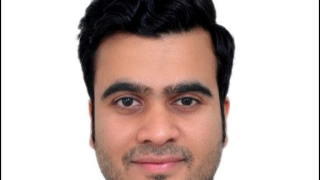India
Swati Sharma and Revanta Mathur at Cyril Amarchand Mangaldas explain how they overcame IP office objections to secure victory for a tyre manufacturer
Foreign remittance requirements put additional administrative burden on Indian law firms and strain their relationship with foreign associate firms, according to practitioners
Tarun Gandhi joins us for our ‘Five minutes with’ series to discuss the biggest misconception about IP, the importance of staying curious, and his biggest inspiration
The Bar Council of India’s warning to Dentons Link Legal and CMS IndusLaw shows why foreign firms are right to worry about India’s legal market
Recently published Special Focus articles
Recently published Special Focus articles
-
Sponsored by Remfry & SagarBisman Kaur and Raashi Jain of Remfry & Sagar discuss how key judicial decisions have shaped trademark protection in India’s automotive industry
-
Sponsored by LexOrbisManisha Singh and Simrat Kaur of LexOrbis analyse a Bombay High Court case involving the registration of ‘Covishield’
-
Sponsored by RNA, Technology and IP AttorneysRanjan Narula and Mohandas Konnanath of RNA, Technology and IP Attorneys look at Britannia and ITC’s arguments in the case which alleges conscious copying
-
Sponsored by RNA, Technology and IP AttorneysRanjan Narula and Rajiv Suri of RNA, Technology and IP Attorneys consider a Supreme Court ruling where income from a software sale by non-resident companies to resident is not a ‘royalty’ payment
-
Sponsored by RNA, Technology and IP AttorneysRanjan Narula and Rajiv Suri of RNA, Technology and IP Attorneys outline how the Advertising Standards Council of India have reacted to increased online gaming trends during the COVID-19 pandemic
-
Sponsored by RNA, Technology and IP AttorneysRanjan Narula and Daleep Kumar of RNA, Technology and IP Attorneys explain how the Advertising Standards Council of India is acting to prevent misleading claims about coronavirus cures and remedies





















